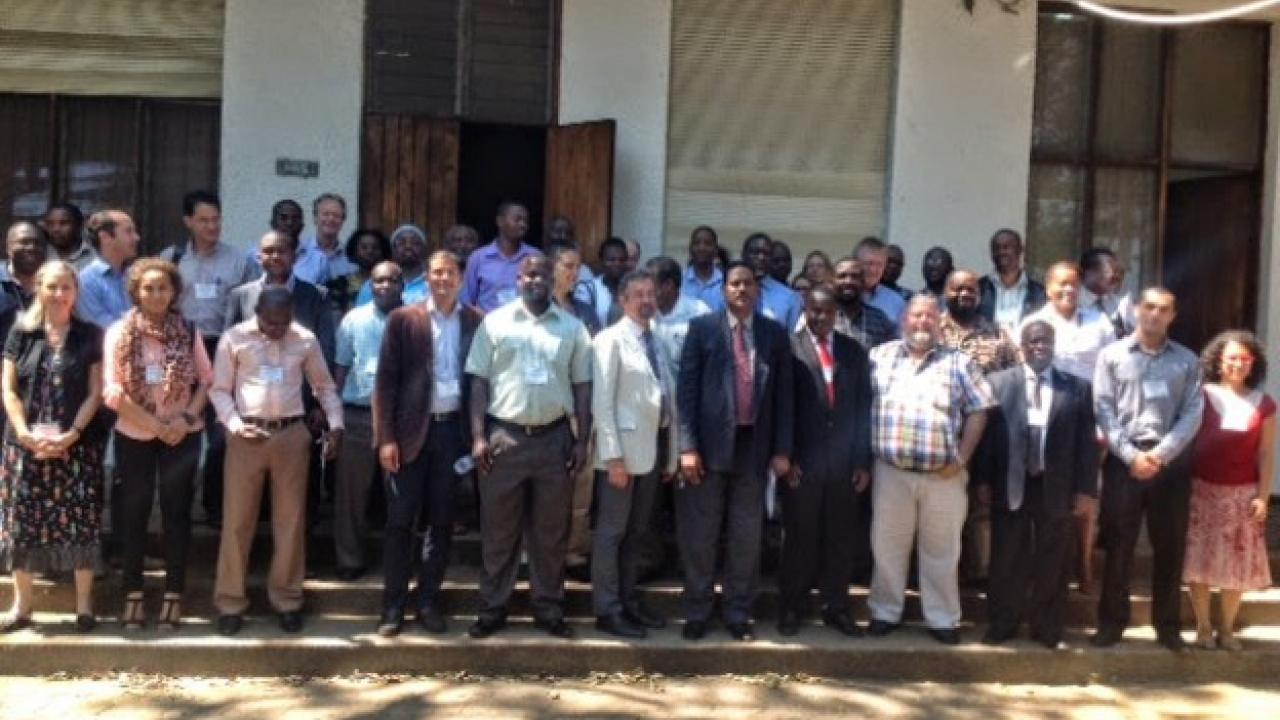
Event Date
Motivated by crop yields and input use patterns that are only a small fraction of those seen elsewhere in the world, many sub-Saharan African countries have embarked on perhaps the most significant new development in agricultural policy over the past decade: large scale input subsidy programs aimed at raising the use of fertilizer and other modern inputs in agriculture.
In some countries, these subsidies have become a permanent fixture, consuming growing fractions of national agricultural budgets. Despite this pattern, the strongest economic arguments for subsidies are that they should be temporary, raising the question as to whether temporary subsidies can permanently/sustainably boost input use and crop yields.
This workshop will present the results of an ambitious 5-year study that has tackled this question. During the years 2010 and 2011, Mozambique piloted a subsidy program funded by the European Union, implemented by Mozambique’s Ministry of Agriculture, the Food and Agriculture Organization (FAO) and the International Fertilizer Development Center (IFDC). The program targeted 25,000 farmers across 5 provinces. A rigorous impact evaluation surveyed 1,600 households in Manica Province from 2011 to 2013, in order to assess the short and longer-term impact of the voucher subsidy. In addition, in cooperation with the Opportunity Bank of Mozambique, a matched savings program intended to help farm households transition from subsidized to self-finance was also introduced to a random subset of the Manica Province households.
Results from the study reveal that both the input subsidy and the matched savings programs had long-lasting impacts, not only on technology use and yields, but also on household economic well-being (expenditures), assets and savings.
The primary goal of this workshop was to discuss these results and consider their implications for strengthening agricultural development programs and policies in Mozambique and elsewhere in the region.
Presentations:
- Opening Remarks
Alexander Fernando, IFDCMichael Carter, University of California
USAID
Mohamed Vala, MINAG/DNSA -
Savings, Subsidies and Sustainable Food Security in Mozambique
Aniceto Matias, IFDC -
Apresnt Actual uso de insmos IFDC 2014
Republica de Moçambique Ministério da Agricultura -
Impactos a longo prazo de um subsídio temporário de insumos agrícolas em Moçambique
Michael Carter, University of California, Davis
Rachid Laajaj, Paris School of Economics -
Plataforma Nacional de Diálogo e Promoção do uso de Fertilizantes
